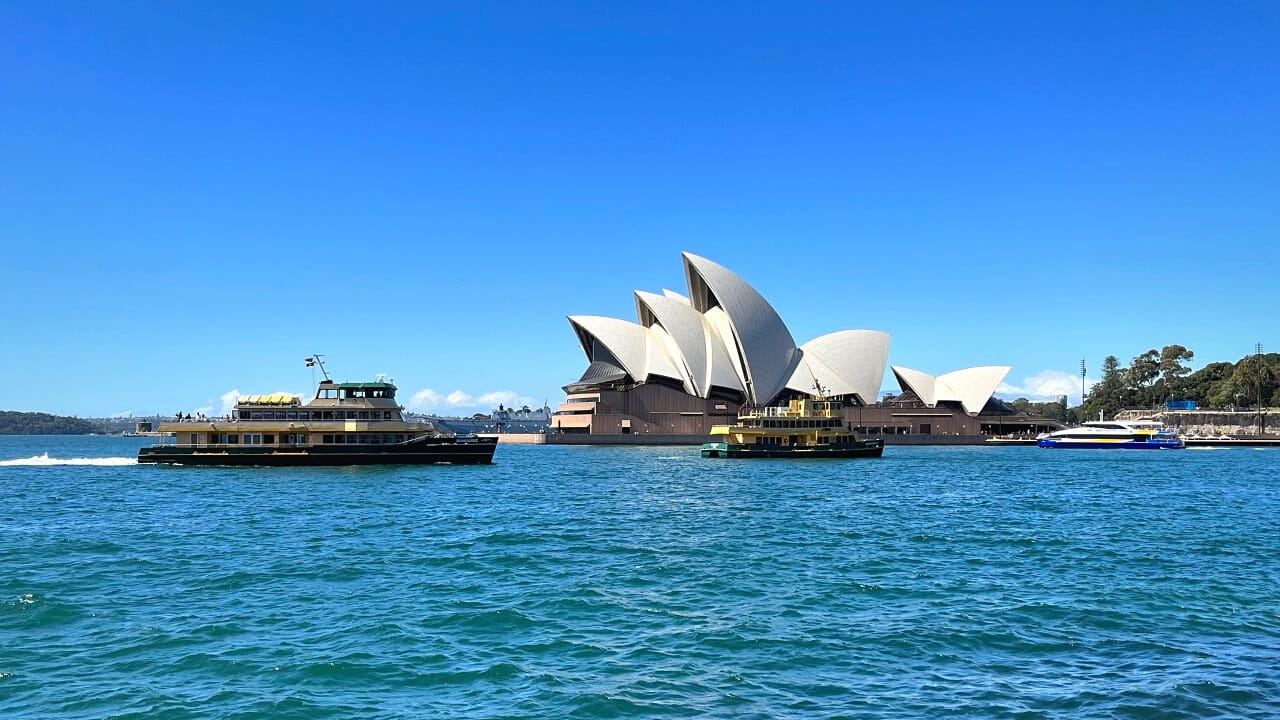An overview of the NSW public holidays and long weekends in 2024 and 2025 to help you plan your holidays and short trips in Sydney and New South Wales. We have also included the 2023 list further below for reference.
Note that the Bank Holiday happens on the first Monday in August each year in New South Wales, but it is not a statewide public holiday. This public holiday only applies to employees of banks and certain financial institutions.
Please also have a look at our summary of NSW school holidays to help you plan for the months and year ahead.
NSW Public Holidays 2025
Here is the calendar for the 2025 NSW public holidays:
| Holiday | Date | Day |
|---|---|---|
| New Year’s Day | 1 January | Wednesday |
| Australia Day | 27 January | Monday |
| Good Friday | 18 April | Friday |
| Easter Saturday | 19 April | Saturday |
| Easter Sunday | 20 April | Sunday |
| Easter Monday | 21 April | Monday |
| Anzac Day | 25 April | Friday |
| King’s Birthday | 9 June | Monday |
| Bank Holiday* | 4 August | Monday |
| Labour Day | 6 October | Monday |
| Christmas Day | 25 December | Thursday |
| Boxing Day | 26 December | Friday |
* Bank Holiday only applies to banks and some financial institutions.
NSW Public Holidays 2024
Here is the calendar for the 2024 NSW public holidays:
| Holiday | Date | Day |
|---|---|---|
| New Year’s Day | 1 January | Monday |
| Australia Day | 26 January | Friday |
| Good Friday | 29 March | Friday |
| Easter Saturday | 30 March | Saturday |
| Easter Sunday | 31 March | Sunday |
| Easter Monday | 1 April | Monday |
| Anzac Day | 25 April | Thursday |
| King’s Birthday | 10 June | Monday |
| Bank Holiday* | 5 August | Monday |
| Labour Day | 7 October | Monday |
| Christmas Day | 25 December | Wednesday |
| Boxing Day | 26 December | Thursday |
* Bank Holiday only applies to banks and some financial institutions.
NSW Public Holidays 2023
Here is the archived calendar for the 2023 NSW public holidays:
| Holiday | Date | Day |
|---|---|---|
| New Year’s Day | 1 January | Sunday |
| Additional Day | 2 January | Monday |
| Australia Day | 26 January | Thursday |
| Good Friday | 7 April | Friday |
| Easter Saturday | 8 April | Saturday |
| Easter Sunday | 9 April | Sunday |
| Easter Monday | 10 April | Monday |
| Anzac Day | 25 April | Tuesday |
| King’s Birthday | 12 June | Monday |
| Bank Holiday* | 7 August | Monday |
| Labour Day | 2 October | Monday |
| Christmas Day | 25 December | Monday |
| Boxing Day | 26 December | Tuesday |
* Bank Holiday only applies to banks and some financial institutions.
What Do These Public Holidays Mean?
We probably all know the reasons behind most of these public holidays, but let’s dive a little deeper in a few of them.
Good Friday and Easter
Good Friday is a Christian holiday commemorating the crucifixion of Jesus, the Friday before Easter Sunday. The meaning of the word “Good” in this instance is “Holy”.
The following day, Easter Saturday is often referred to as Holy Saturday. The following Sunday is the official Easter festival, celebrating the resurrection of Jesus from the dead.
Good Friday and Easter combined form the 4-day Easter long weekend.
Anzac Day
Observed on 25 April each year, Anzac Day marks the anniversary of the first major military action fought by Australian and New Zealand forces during the First World War.
The landing of the ANZAC forces at Gallipoli in Turkey on 25 April met fierce resistance from defenders of the Ottoman Empire, an ally of Germany. The battle lasted for eight months and resulted in thousands of casualties on both sides.
The acronym ANZAC stands for Australian and New Zealand Army Corps, and its soldiers were known as Anzacs.
Anzac Day is one of Australia’s most important national occasions.
Labour Day
Labour Day is an annual public holiday in NSW that commemorates the granting of the 8-hour working day in the 19th century.
The idea behind the 8-hour working day was that workers should have eight hours labour, eight hours recreation and eight hours rest.
In New South Wales, and also in the ACT and South Australia, Labour Day takes place on the first Monday of October each year.
